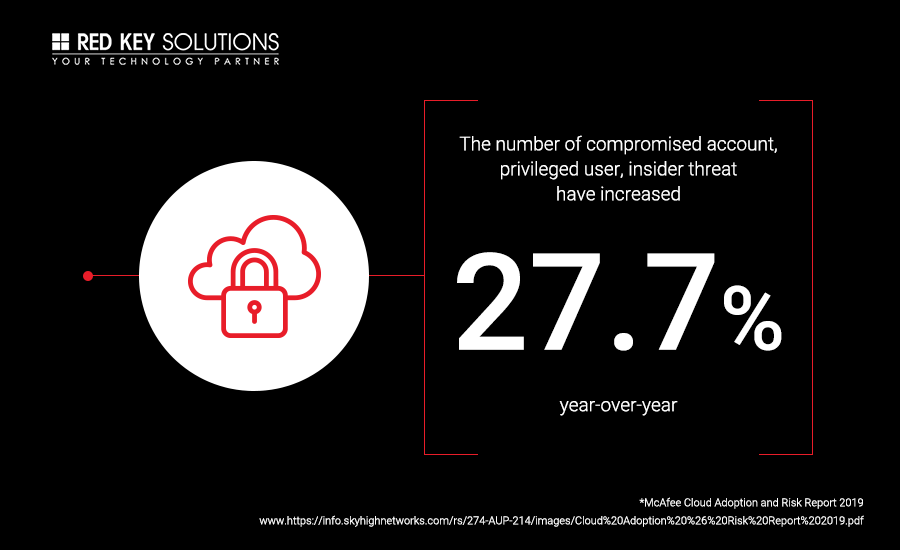
The pain and suffering people endured before the cloud
No recent computer technology has drawn more attention than cloud computing. While many experts say it’s the best thing since sliced bread, some business owners are still hesitant about it because they’re worried about its complexity and lack of security.
But denying its benefits would be foolish. If it weren’t for the cloud, many people would still be suffering the following soul-crushing tasks.
Passing notes to collaborate
Before the cloud, collaborating on a document meant either emailing a copy to your coworkers or printing one out and passing it along like a giddy lovestruck teen. But instead of finding out someone has a crush on you, you’re greeted by a marked-up document requiring manual mistake mending on the master copy.
That’s not fun, and depending on the size of the document, updating the master copy can take several hours. What’s more, unless you’re using emails to pass notes, you’re not doing the environment any favors by printing out a ream’s worth of the same document.
With cloud computing, everything is centralized. Files saved on cloud platforms like Office 365, for example, can be accessed over the internet so whenever your coworkers edit a shared document, it is updated for all to see, leading to fewer emails flooding your inbox and less paper smothering your employees.
The cubicle life
Being able to access your files over the internet also means you’ll be able to work anywhere you want -- at home, in the airport, or in the local OTB, provided the WiFi signal isn’t impeded by all the cigarette smoke. And in addition to sharing files, the cloud provides software for scheduling projects, doing the books, and even making phone calls and hosting video conferences. So if you’re tired of commuting to work and hearing Susan from accounting drone on about her eleventieth cat, cloud computing will give you the freedom you so desperately yearn for.
Managing your own servers
Servers are the backbone of any IT infrastructure, and before Office 365 was gifted to us mere mortals, you absolutely needed to have one installed in your office. But the problem with in-house servers is that not everyone has the time to manage them properly.
Because in order to manage your own server, you need a team of IT professionals watching over it 24/7. And if your business grows, you’ll need to purchase more servers and hire more experts.
The cloud makes sure you never have to do any of that. All the servers are hosted on the web in the cloud provider’s secured facility with the resources “streamed” to your network via the internet. So when you need more processing power or storage space to run your super hi-tech Pokemon apps, all you have to do is wish for it and it becomes your cloud provider’s command.
And there’s no additional hardware for you to maintain. In fact, since your cloud provider manages the server, they’ll be in charge of overseeing all your IT systems, including keeping your data safe and making sure your life has more time for Pikachu.
Paying expensive bills
Paying for a fully staffed IT department, software licenses, hardware, and utilities to power everything is expensive. Besides, there are probably a million other things you want to spend your money on.
Thanks to the cloud, these costs are a lot easier to manage. For starters, you don’t need to worry about hardware and software costs if a cloud provider hosts it all for you. And instead of hiring your own team, you only have to pay a small monthly fee for their proactive IT support services.
So, would you be better off moving to the cloud? It’s as sure as Donald Trump eating Big Macs for breakfast.
Red Key Solutions provides top-notch cloud services for large and small companies across New York. If you still can’t decide whether the cloud is right for you, why not talk it over with one of our experts? Call us today.




